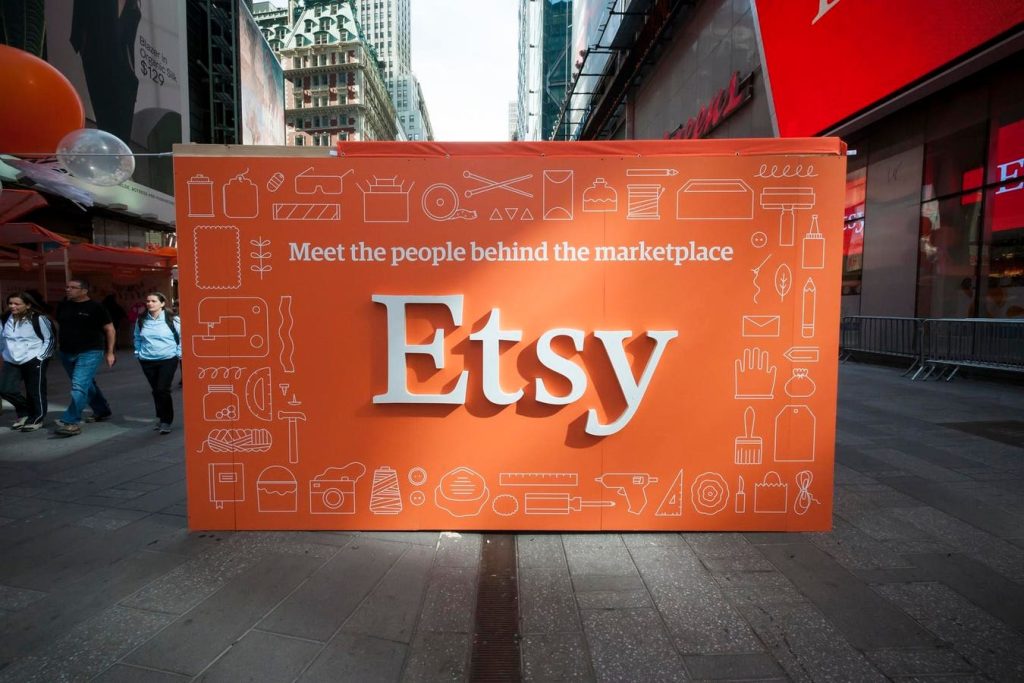Etsy, the artisanal retail site, recently strengthened its ban on pornography and prohibited the sale of sex toys on its platform. However, two weeks later, thousands of listings violating these criteria are still present on the site. This includes items such as sex toys, explicit clothing, and metaphysical services, all of which go against Etsy’s policies. While the company claims to have removed thousands of accounts since the policy change, many violative listings remain.
One seller, Luka, shared their disappointment with Etsy’s decision to ban adult-themed products, stating that it had a significant impact on their small business as a substantial portion of their sales came from the site. Despite the automated controls and human reviews in place to enforce policies, Etsy continues to struggle with effectively monitoring and removing violative listings. The company did not provide a clear explanation for the persistence of these listings, leaving observers puzzled.
Recent reports have highlighted Etsy’s ongoing issues with hosting pornographic content, including deepfaked nude images of celebrities. The company removed these items when flagged by Forbes but has not addressed the prevalence of artificial pornographic images on its site. Etsy’s failure to effectively moderate listings containing explicit language or anatomical terms raises questions about its enforcement of the new policy on adult content.
The move to ban pornography on Etsy may align with broader efforts to clean up the platform’s image. In addition to the AI porn problem, the company has faced challenges with other types of inappropriate content, such as bizarre coloring books and cheap coffee mugs. Etsy recently hired a chief brand officer and released a new video advertisement emphasizing its commitment to “keep commerce human.” However, the company’s profits have dropped, indicating potential challenges in maintaining a balance between enforcing policies and retaining sellers.
The ban on pornography aligns with broader trends in online content regulation, such as age verification laws and the Kids Online Safety Act (KOSA). Pornhub, the popular adult site, has blocked access from states with new age verification laws, while KOSA aims to protect minors from harmful online content. However, the bill’s potential impact on platforms like Etsy remains uncertain, with tech lobbying groups raising concerns about its constitutionality. Vice President Kamala Harris has expressed support for KOSA, while former President Donald Trump’s stance on the bill is unknown.
In conclusion, Etsy’s recent ban on pornography and sex toys reflects ongoing challenges with enforcing content policies on its platform. The presence of violative listings and the company’s struggles with AI-generated content raise questions about its ability to moderate adult content effectively. The move to clean up its image may be part of broader efforts to align with changing regulations and address concerns about harmful content online. As the debate around online content regulation continues, platforms like Etsy will need to navigate a complex landscape of legal, ethical, and practical challenges.


